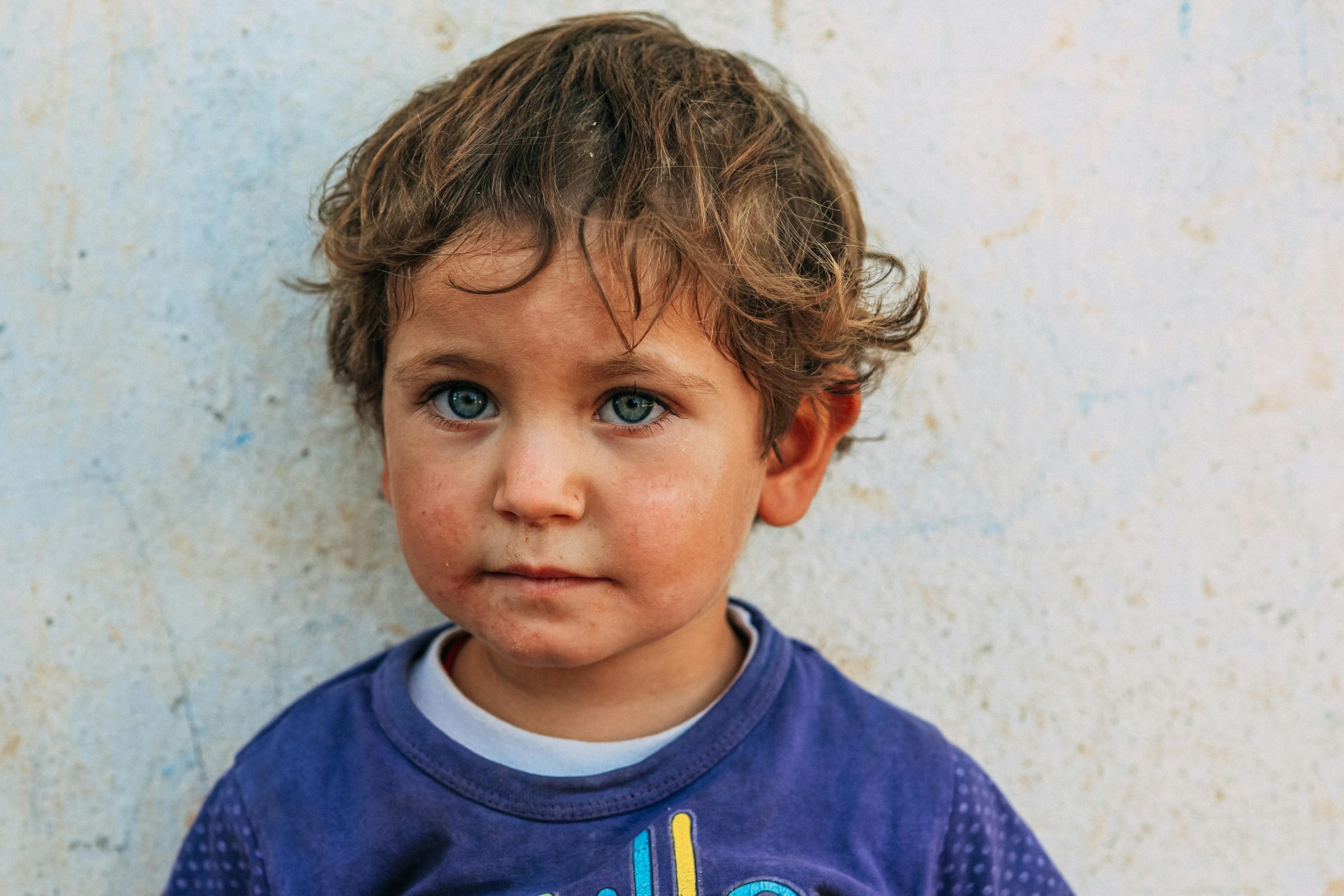
“Children exposed to early life adversity scored lower on neurological and cognitive tests than children who experienced minimal or no adversity, suggests an analysis by researchers at the Eunice Kennedy Shriver National Institute of Child Health and Human Development (NICHD).â€
“Previous studies have linked adverse childhood experiences with a higher risk of health problems, substance use disorders, and mental illness. Other research suggests that these long-term problems could potentially result from the stresses that adverse childhood experiences place on children’s developing nervous systems.â€
“Compared to children with low exposure to adversity, children in all the other groups generally scored lower on tests of visual-motor and sensory-motor skills, listening-vocal skills, intelligence, and academic achievement. In particular, children exposed to crowded housing and poverty had the lowest scores on a test of sensory-motor skills and a test of listening and vocal functioning. Children in the family loss, instability, and poverty group had the lowest intelligence and arithmetic achievement scores.â€
— “Science Update: Early childhood adversity may affect neurological and cognitive development, NICHD study suggests,†Eunice Kennedy Shriver National Institute of Child Health and Human Development, June 3, 2024



